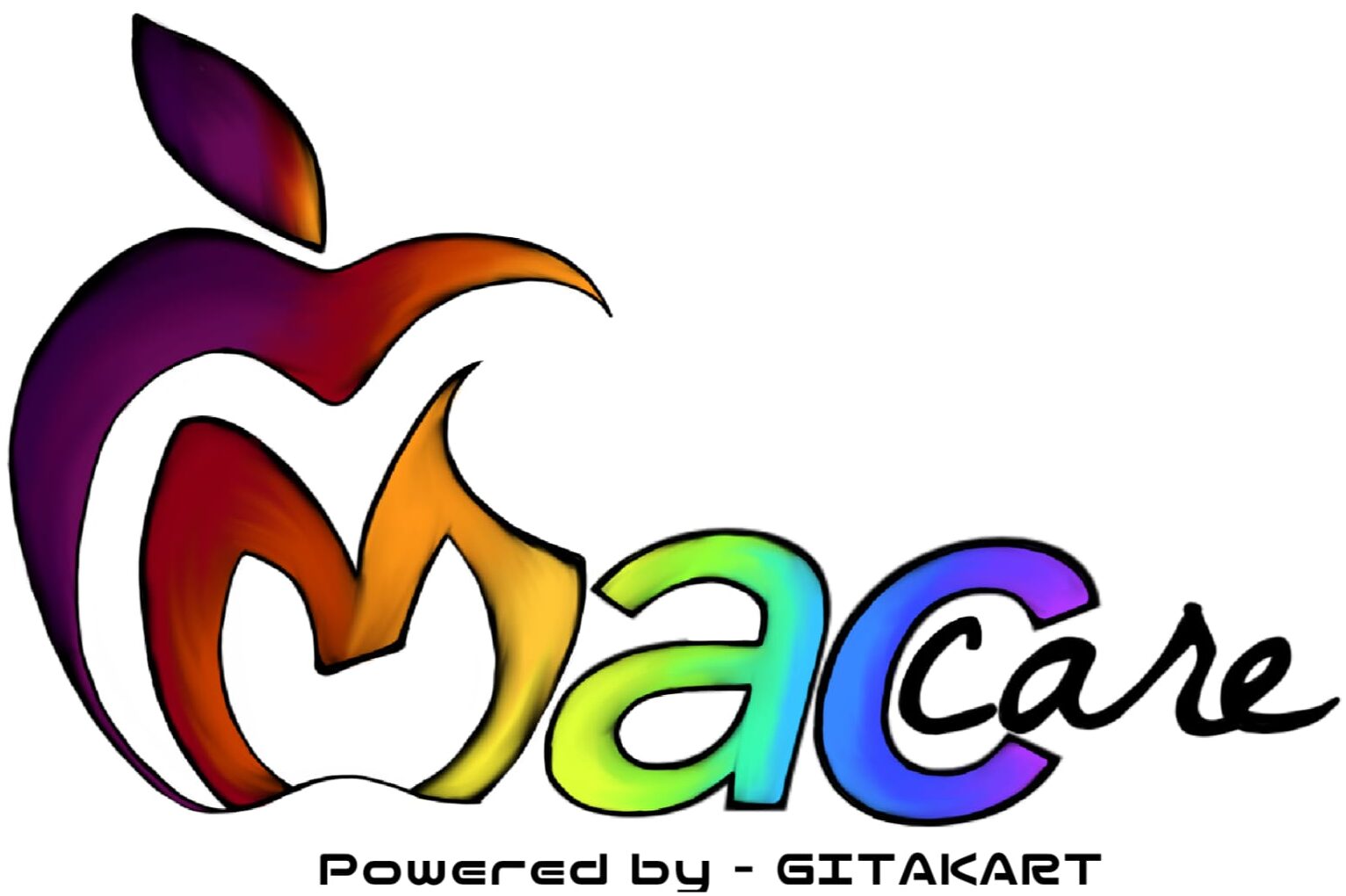
Becoming a hacker involves developing a deep understanding of computer systems, networks, and cybersecurity principles. While there are no strict educational qualifications required to become a hacker, certain skills, knowledge, and attributes are essential for success in the field. Here are some qualifications and prerequisites commonly associated with becoming a hacker
Becoming a hacker Follow Steps
- Technical Skills: Proficiency in programming languages such as Python, C, C++, Java, or scripting languages like JavaScript and PowerShell is essential for hacking. Knowledge of networking protocols, operating systems (such as Linux, Windows, or macOS), and database systems is also beneficial.
- Cybersecurity Knowledge: A strong understanding of cybersecurity principles, including cryptography, secure coding practices, penetration testing, vulnerability assessment, and risk management, is crucial for identifying and mitigating security threats.
- Ethical Hacking Certifications: Obtaining certifications in ethical hacking, such as Certified Ethical Hacker (CEH), Offensive Security Certified Professional (OSCP), or CompTIA Security+, can demonstrate proficiency in ethical hacking techniques and methodologies.
- Problem-Solving Skills: Hackers often encounter complex technical challenges and security vulnerabilities that require creative problem-solving skills and critical thinking abilities to overcome.
- Continuous Learning: The field of cybersecurity is constantly evolving, with new technologies, threats, and vulnerabilities emerging regularly. A willingness to stay updated on the latest trends, tools, and techniques through self-study, online courses, workshops, and conferences is essential for staying relevant in the field.
- Ethical Conduct: Ethical hackers adhere to a strict code of conduct and ethical guidelines, respecting the privacy and security of individuals and organizations. Upholding ethical standards and integrity is paramount for building trust and credibility in the cybersecurity community.
- Hands-On Experience: Practical experience in cybersecurity through internships, hands-on labs, Capture The Flag (CTF) competitions, bug bounty programs, or real-world projects is invaluable for gaining practical skills and expertise in hacking techniques and methodologies.
- Communication Skills: Effective communication skills, both written and verbal, are essential for conveying technical information, collaborating with team members, presenting findings, and providing actionable recommendations to stakeholders.
While formal education in computer science, cybersecurity, or related fields can provide a solid foundation for a career in hacking, many successful hackers are self-taught individuals with a passion for technology and a relentless drive to learn and innovate. Ultimately, becoming a hacker requires dedication, perseverance, and a commitment to lifelong learning and ethical conduct in the pursuit of cybersecurity excellence

Leave a Reply